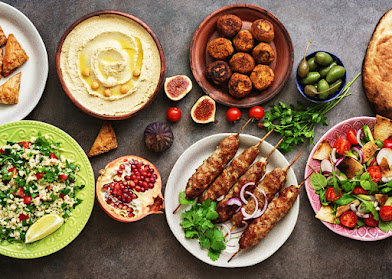Halal Food Market Key Players, Applications, Outlook, SWOT Analysis And Forecasts By 2028
Halal Food is defined as food that is acceptable in Islamic law. It is prepared according to the standards of Islam and should contain hygienic and pure ingredients. Meats and other foods are prepared using specific processes and techniques. Meat for halal consumption must meet strict specifications. All animals must be treated well before and during the slaughter process. The slaughtering device must be sharp and should not be lifted during the act. The slaughtering process must be performed painlessly and swiftly. All food must be packaged in a halal manner. The labeling should clearly identify the product as halal. During the preparation of halal food, the name of God must be invoked and the animal must be killed in a sacrificial way. Halal food is made from many different types of meat and vegetables. Some popular casual street food halal dishes include hummus, chicken, and gyros.
Rising product launches is anticipated to propel growth of the global halal food market over the forecast period. For instance, a turnkey foodservice program was launched by Crescent Foods for university and college dining halls in August 2021. The company is offering various products such as lamb, chicken, and hand-cut beef products for on-campus restaurants. Moreover, increasing government regulations is estimated to restrain growth of the global halal food market over the forecast period.
Key players active in the global halal food market are Al-Falah Halal Foods Ltd., QL Foods Sdn Bhd, Tahira Foods Ltd., Al Islami Foods Co., Nestle S.A., Rosen's Diversified Inc., DagangHalal Group, BRF S.A., Saffron Road, Cargill, Inc., Kawan Foods Berhad, Unilever, Prima Agri-Products Sdn Bhd, American Halal Company, Inc., and Janan Meat Ltd.


.png)

Comments
Post a Comment